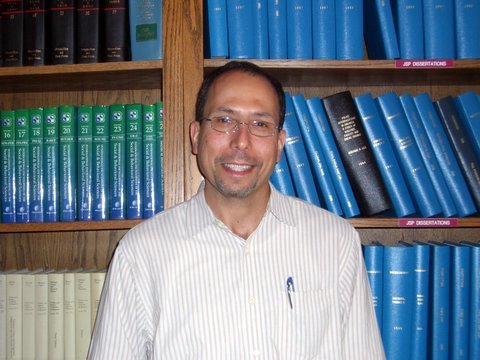CA Gov Declares "State of Emergency" for California Prisons
Today California Governor Arnold Schwarzenegger declared the massive California prison system under a state of emergency.
“Our prisons are now beyond maximum capacity, and we must act said Governor Schwarzenegger. ... I’ve ordered the Department of Corrections and Rehabilitation to begin contracting with facilities in other states to transfer inmates to available beds outside of California. These actions are necessary to protect the safety and well being of the officers, inmates and the public.” (Governor's Press Release)The main legal effect is to allow the Department to enter into immediate contracts with states that have excess prison capacity without going through the usual state contracting procedures, and, if necessary, involuntarily transfer inmates to other states under provisions of interstate correctional compacts. (Read the Governor's proclamation). The Governor blamed the California legislature for failing to pass a number of the proposals he had placed before a special session on prison problems this past summer, proposals to build new prisons and new community custody facilities for low risk women prisoners with children. Query: Why would prison facilities projects that would have taken months or years to lease or build have any impact on a situation that requires aggressive and immediate action today.
Legislative democrats criticized Governor Schwarzenegger's actions, calling instead for parole reforms that would keep more violators of minor technical parole violations in the community rather than back in California prisons. (for Jenifer Warren's reporting, LA Times).
Since the 1970s the California prison system has been on a continuous pattern of growth which has only slowed and not stopped in recent years. If past experience with the dynamics of this largey self perpetuating prison population are a guide, it is unlikely that either the Governor's proposals, even if eventually acted on, or those of his sometime allies among legislative Democrats will . More than 22 prisons have been built in the state since 1980 (contrast that with 1 incomplete UC Campus) but overcrowding to the point of unconstitutionality has been a constant problem. Cheaper prison cells (in other states or in the community) will only make it easier to not face the structural causes of overcrowding.
Parole reform has been the call of pragmatists looking for quieter ways to reduce the prison crisis since the mid-1980s when your Jurisprude was studying California's Parole Division for his dissertation (published as Poor Discipline: Parole and the Social Control of the Underclass, 1890-1990). It has never worked and it will never work. While it is based on the correct observation that technical parole violators form a substantial part of the prison crowding problem, they only appear to be the easiest to portion to eliminate. Having defined the business of California prisons as warehousing a dangerous population, the assurance that parole violations were only minor and technical will never provide a robust political cover for substantial changes. Unlike recent California governors of both parties, Arnold Schwarzenegger has publically questioned the wisdom of warehousing California inmates with no effort a rehabilitation and re-integration. However unless he is willing to go further he will not be able to break from the legacy they have bequeathed the state.
The only prospects for real change lie in two directions (really the same but by two routes). Either a newly re-elected Governor Schwarzenegger in November could go before the public and announce that California's penal laws were crafted by a generation of "girlie men" who filled our prisons with dysfunctional but non-violent residues of our failed schools and de-industrialized cities, and that the only honest way to save the taxpayers from an endlessly expanding commitment is to dramatically reduce the number of convicted criminals sent to California prison to begin with. The state is full of strong criminal justice policy experts like Frank Zimring and Joan Petersilia, who could help draw the right lines between those who must be in prison (the violent) and those whose accountability should be achieved through other means (I favor stiff fines proportional to estimated illegal wealth earned, enforced by requirements of work, even at day labor if thats all that is available). The other route lies through an eventual judicial take over of the California prison system and an inevitable conflict between raising taxes or gutting both K-12 and Higher Education which might force the Governor to take that bold step.


0 Comments:
Post a Comment
<< Home